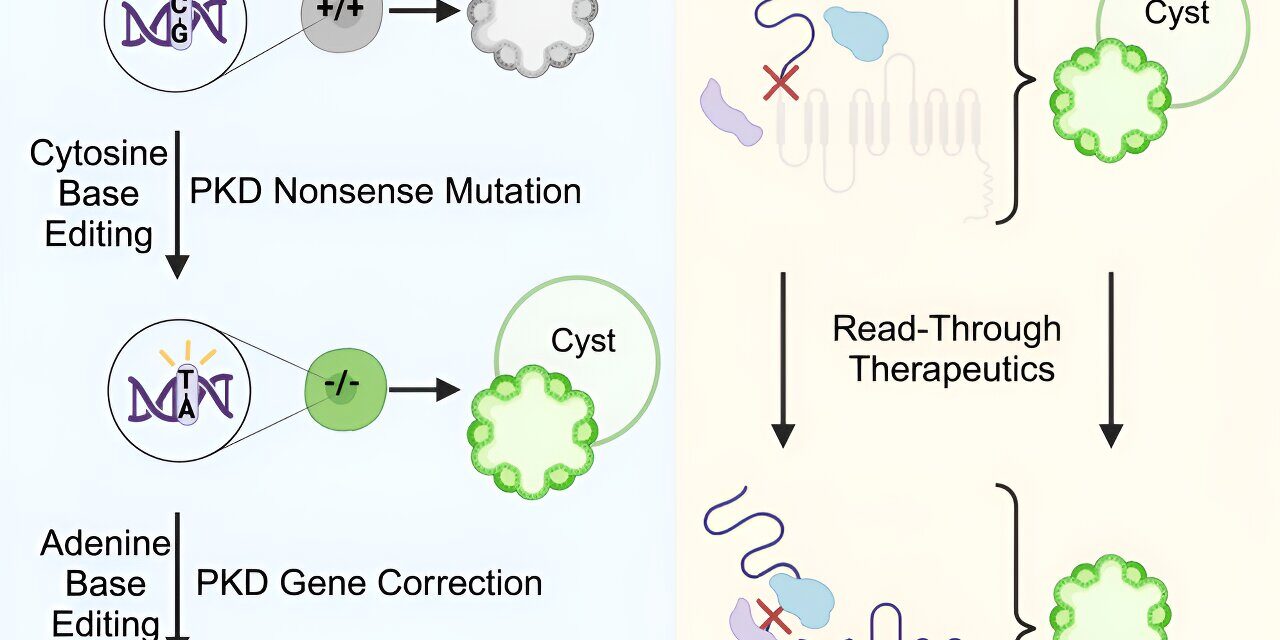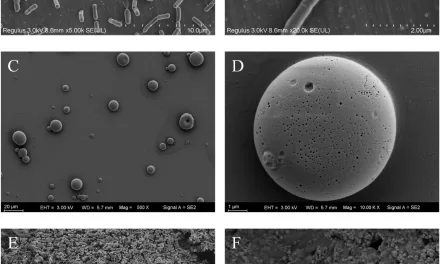In a groundbreaking study published in Cell Stem Cell, researchers have uncovered vital insights into the genetics of polycystic kidney disease (PKD), offering hope for new therapeutic approaches to combat this life-threatening disorder. The findings suggest that a single normal copy of a defective gene may prevent the formation of dangerous cysts associated with PKD, paving the way for potential gene therapy treatments.
PKD is an inherited kidney disorder characterized by the formation of cysts within the kidneys over time. These cysts, which gradually expand like water balloons, can impair kidney function and ultimately lead to kidney failure, posing a significant health risk to millions worldwide.
Led by senior study author Benjamin Freedman, Ph.D., at the University of Washington, Seattle, the research team employed advanced gene editing techniques and 3D human cell models, known as organoids, to unravel the underlying genetic mechanisms driving cyst formation in PKD.
Insights from Organoid Models
Using induced pluripotent stem cells capable of mimicking features of kidney structure and function, the researchers generated organoids with mutations in the PKD1 and PKD2 genes, known to cause PKD. Notably, organoids carrying one normal gene copy and one defective copy did not form cysts, while those with two defective gene copies consistently developed cysts.
“This study provides critical insights into the genetic factors influencing cyst formation in PKD,” said Dr. Freedman. “Our findings suggest that even a single functional gene copy may be sufficient to prevent cyst development, highlighting the potential for targeted interventions to mitigate the disease.”
Furthermore, the study explored the therapeutic potential of glycoside drugs in preventing cyst formation. Glycosides, which selectively target single base pair mutations commonly observed in PKD patients, were found to restore gene function and inhibit cyst growth in organoid models.
Implications for Future Treatments
The discovery of effective strategies to prevent cyst formation in PKD represents a significant step forward in the quest for innovative treatments. Dr. Freedman emphasized the importance of further research to evaluate the efficacy of glycoside drugs in clinical settings and explore the feasibility of gene therapy approaches for PKD.
“With these promising findings, we are moving closer to developing targeted therapies that could transform the lives of individuals affected by PKD,” noted Dr. Freedman. “Our study opens up new avenues for therapeutic intervention and underscores the potential of personalized medicine in addressing complex genetic disorders.”
As researchers continue to unravel the intricate genetic mechanisms underlying PKD, the study offers a beacon of hope for patients and clinicians alike, heralding a new era in the fight against this debilitating kidney disease.












